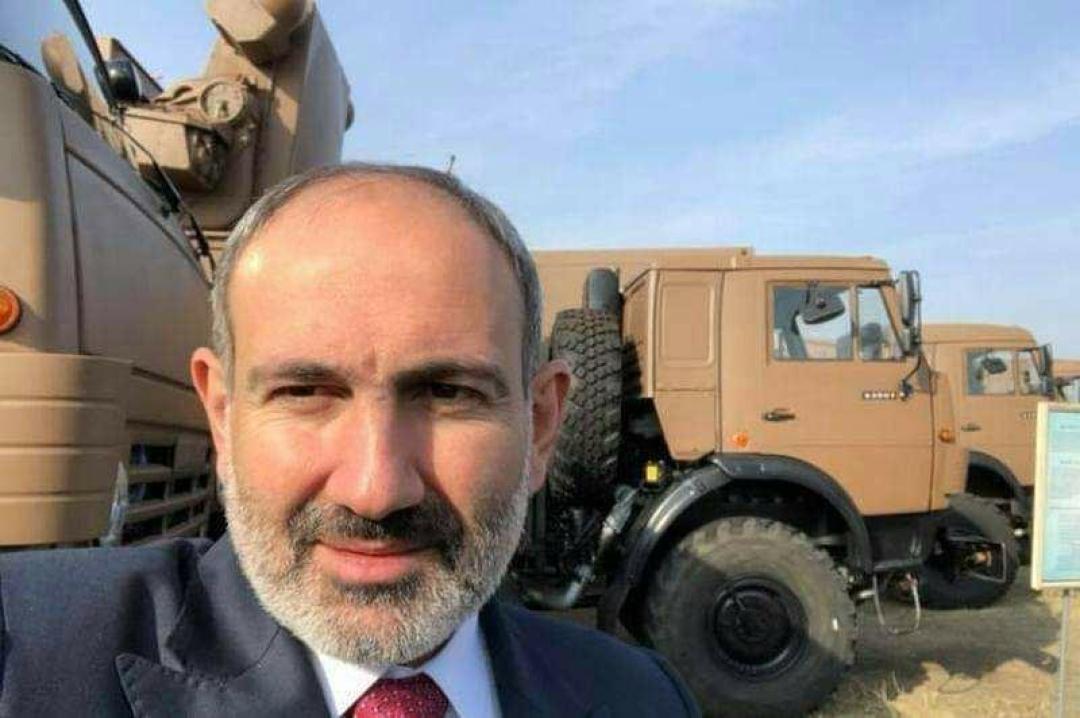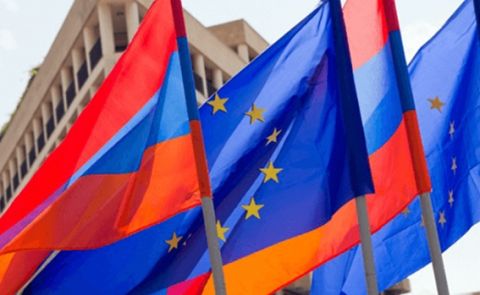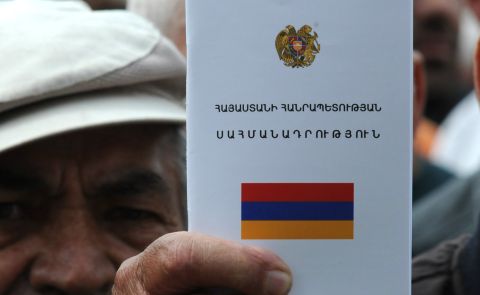
Pashinyan Raises Suspicions of Deliberate Inaction by Armenian Military

During a meeting of the commission to investigate the circumstances of the 44-day war in the Karabakh in the fall of 2020 on June 27, Armenian Prime Minister Nikol Pashinyan stated that the inaction of the high-ranking military of Armenia during the penetration of the Azerbaijani Armed Forces into Armenian territory in May 2021 was aimed at overthrowing the government.
Many details and episodes of both the 44-day war and the events of May 2021, which took place on the Sotk-Khoznavar section of the Armenian-Azerbaijani border, make Pashinyan suspicious. "For a long time, until the war's end, I did not allow myself to suspect the military of any deliberate actions. But then I started thinking about it. Moreover, the version of deliberate inaction intensified after the events at the Sotk-Khoznavar section. You see, there is an event, a criminal case, there is an accused, but there is no explanation," the prime minister said.
Referring to the 44-day war, Pashinyan said that the Armenian army had weapons, the possibility of using which did not fully belong to the military-political leadership of the republic. "There were weapons, the rights to which did not fully belong to Armenia," the head of government noted.
To a clarifying question from one of the members of the commission, whether this refers to the Iskander operational-tactical complexes (OTRK) supplied by Russia long before the start of the 44-day war, Pashinyan replied that he would touch on the details during the closed part of the commission's meeting.
Furthermore, the Armenian Prime Minister stated that the mobility of the Armenian army units was one of the biggest problems during the 44-day war in Karabakh in the fall.
"What methods, in what composition the movement of troops took place, needs the most careful study," the head of the Armenian government noted. "Our army had problems in the methods of movement. We suffered a significant number of our losses not during the battles themselves but on marches in the process of moving from one point to another. Huge cars, large groups, and good visibility [for the enemy]," Pashinyan explained.
According to him, the issue of mobility and the competent organization of personnel transfer is still the subject of heated discussions. At the same time, he emphasized that the optimization in the army that had taken place before the war, the reduction in the personnel of formations, was justified by the need to increase this very mobility.
At the same time, Pashinyan informed the commission members that, on the recommendation of the top military leadership, even before the 44-day war, special air assault battalions were created as part of three army corps.
See Also


Georgia Imports More Russian Natural Gas Than Azerbaijani Gas for the First Time in 18 Years

Irakli Kobakhidze Appointed Chair of Georgian Dream Party

Armenia Aligns Consumer Law with EU Standards in New Reform Bill

Armenia’s New Constitution Underway, Public Review Promised

